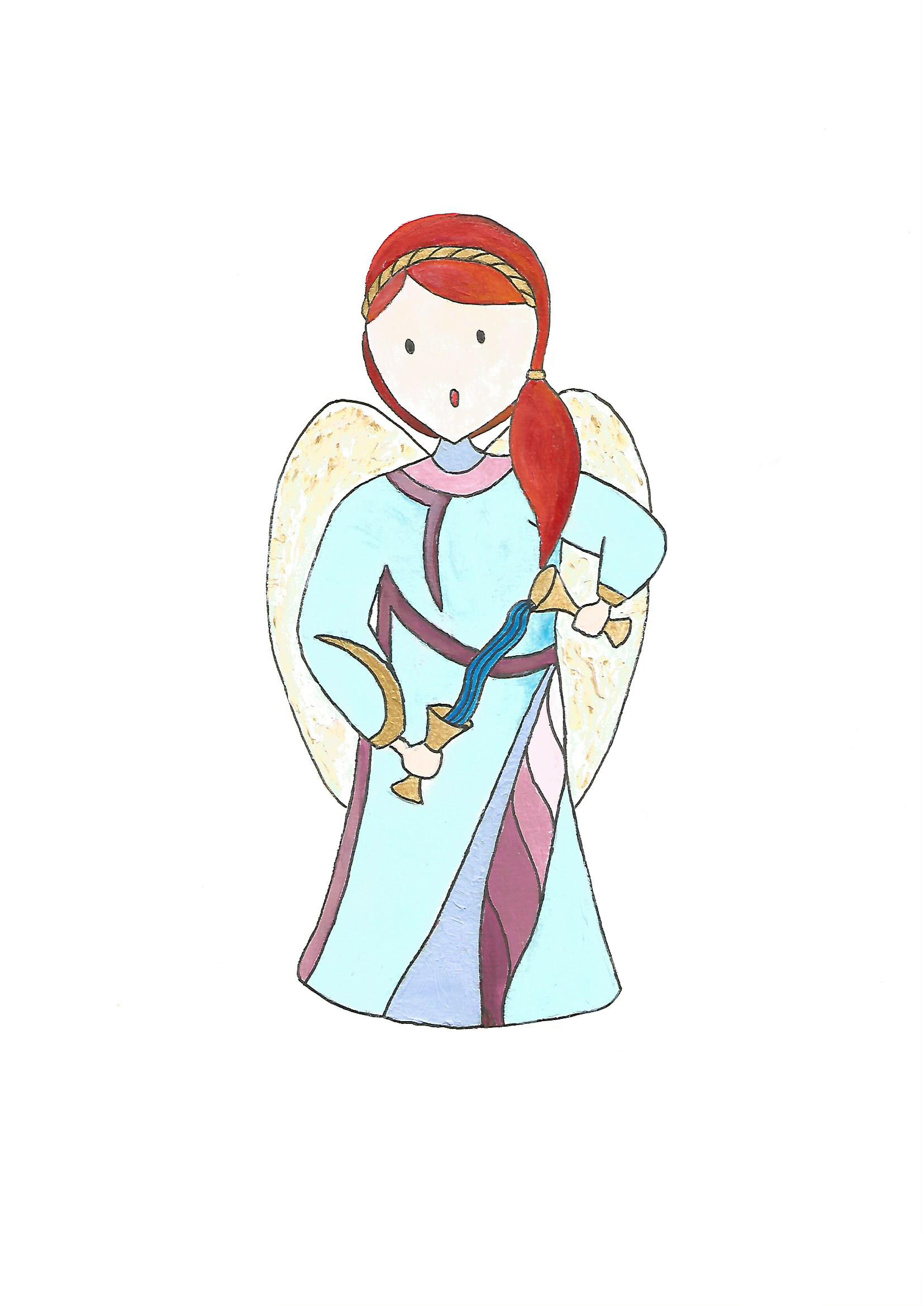In an interview with the Dutch daily newspaper “Algemeen Dagblad” the minister of agriculture of The Netherlands, Carola Schouten announced her plans on ‘kringlooplandbouw; roughly translated recycle- agriculture. Several millions are to be invested into this project over the coming years.
In the article Schouten explains how the last couple of decades were marked by the policy to make sure all mouth were fed. In the new way of thinking food will be produced in a way that affects the environment as little as possible while making sure the farmers who produce durable products receive a fair price for their goods.’
To reach these goals trade agreements need to be made with the supermarkets. As it is now they often force farmers to deliver for the lowest possible price; causing unfair competition. Consumers may also have to spend more of their money. “Food has become way too cheap”, according to minister Schouten. She underlines this by comparing statistics from the seventies, which show people spending 20 percent of their income on food; opposed to 12 percent in 2019 .
Can these two numbers be compared however? In the seventies the same products that have now become so much cheaper, were only just introduced; hence at the beginning of their product life cycle, hence much more expensive. The whole economic system was one of building rather than repairing, as it is now. People received steady salaries, based on secure contracts. Their expectations were secure; while our present day shows an alarming decrease of people’s spending power and social securities.
Is it then wise to have durable products pay for the price of change? Only a short while ago the government already substantially raised taxes on fruits and vegetables, fresh produce on which those same farmers so badly need their margins to survive. In general durable products already are more expensive, making them unaffordable to some.
It goes without saying the economic system and durable farming pricing needs drastic change. But who should pay for this? How can less healthy products be offered at such low prices while healthy foods become more expensive? How come the multinationals in the food industry, producing many of these tempting sweets and treats, are to this day exempt from paying taxes on their profits? How degradable is the packaging of their products? Could it help the people living in this economy to raise tax on unhealthy products like we did on alcohol and cigarettes and promote the use of organic food and fresh produce?. Would this have a positive effect on the healthcare system that has become unaffordable to so many as well?
A post on social media evoked raw emotions on the subject. ‘These measurements will make the food bank mighty busy'; one person commented. Questions were asked on why durable healthy products are so much more expensive than the unhealthy foods we always see on offer in the supermarkets. Statistics and theory might well be dangerous allies in our complicated economic structure; where governments often seem to have the health of the economy to outweigh the welfare of the people.
The card that goes with this complicated problem is card number XIV ‘Temperance'; the last card of 7 cards illustrating the journey of the soul, showing the angel dividing its resources over two cups.
Temperance is the last card before stepping over to the last row of 7 cards; which all have to do with spiritual development. In order to grow spiritually one needs to understand the concept of sharing and evenly dividing first. Humanity is now entering the era of spiritual growth, visible in a growing interest in for instance healing methods that come natural to us; health foods; spiritual subjects in general. Among these themes also our consumer’s habits are in need of reconsideration.
It is clear that this is happening. People are becoming more conscious about what they eat and this affects health and stamina. How much one really needs to buy (only buying what you need; which may also be a component of why people people spend a lesser percentage on buying food); Health foods are in high demand; yet indeed expensive.
Personally I think two things need drastic change:
- Raising awareness on the fact humanity in its past, has ‘overdrawn’ in many ways at the expense of nature and fellow human beings
- Changing the economical mindset of multinationals and supermarket-chains from earning as much money as possible to paying respect to the quality of food (the health of the earth) and the health of the customers.
For on a spiritual level it is already known…. Life is like a boomerang. What we emanate in caring for each other; we receive in turn in care for ourselves.
To read more on the explanation of the Temperance card, click the card.
Ingrid Schippers
June 18 2019
.


